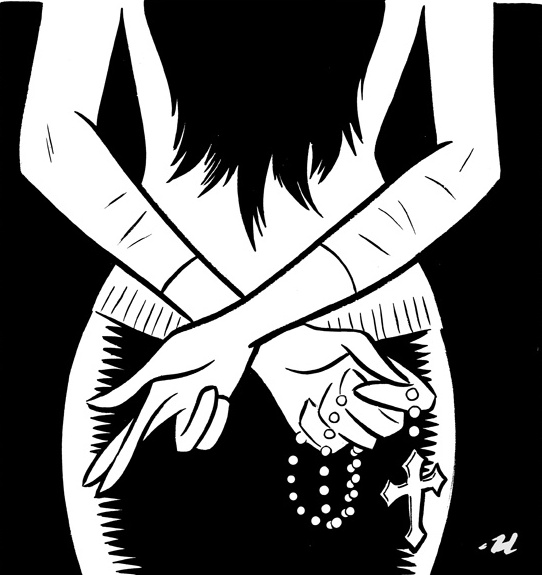

This is not a novel interpretation of the commandment. The Catholic Church teaches that this commandment “forbids misrepresenting the truth in our relations with others” ( Catechism of the Catholic Church, 2464). The Catechism of the Episcopal Church, for example, teaches that this commandment requires us to “speak the truth, and not to mislead others by our silence” (BCP, 848). Many Christian traditions teach that the Ninth Commandment (or Eighth Commandment, in Lutheran and Roman Catholic traditions) prohibits all forms of lying. The most frequently cited biblical text related to lying is found in the Decalogue: “You shall not bear false witness against your neighbor” (Ex. Some lies are worse than others, of course, but there cannot be a sinless lie, even if told for a good cause. Moreover, he drew upon biblical texts and reasoned arguments to conclude that every lie is a sin, without exception. His own definition was quite simple: “A person lies who has one thing in mind yet expresses something else with words” ( On Lying, 3). He recognized that a clear definition of the lie was necessary before any moral analysis could proceed. Augustine of Hippo exercised the greatest influence on the Church’s reflections on the subject. They were well aware of Scripture’s ambiguity on the subject of lying, and their own answers were often creative (sometimes fanciful) even as they sought to remain faithful to biblical teaching. The early Christians wrestled with these very questions. How can we reconcile these passages of Scripture? Are the lies of Rahab and the midwives praiseworthy because they were told for a good end? Or are they somehow not lies at all? Or are the biblical authors simply inconsistent on this point? 2:4-6) and was later eulogized in the New Testament (Heb.11:31 Jas. Rahab lied to the Canaanite soldiers in order to protect Joshua’s spies (Josh.

The narrator tells us, “And because the midwives feared God, he gave them families” (Ex. The Hebrew midwives lied to the Egyptians, who were carrying out the king’s edict to murder every newborn Hebrew boy.

But there are plenty of stories in the Bible in which characters tell lies, and not only do they get away with it - they’re often praised for their actions. 5:6), “Do not lie to one another, seeing that you have stripped off the old self with its practices,” (Col. 12:22a), “You destroy those who tell lies” (Ps. On the one hand, when lying is considered in the abstract, the biblical authors are unequivocal: “Lying lips are an abomination to the Lord” (Prov.


 0 kommentar(er)
0 kommentar(er)
